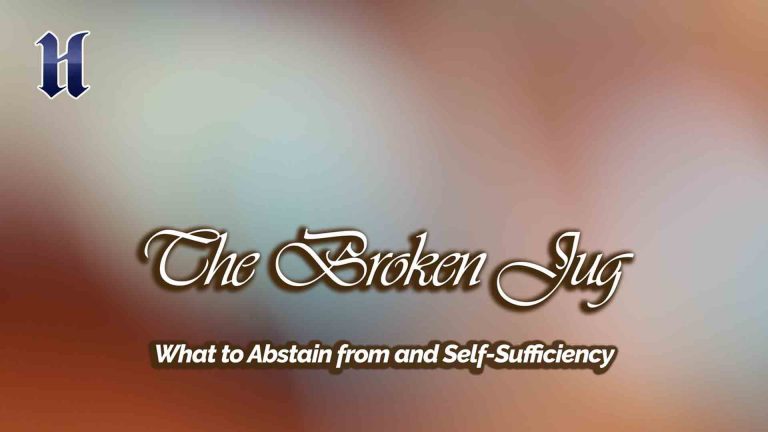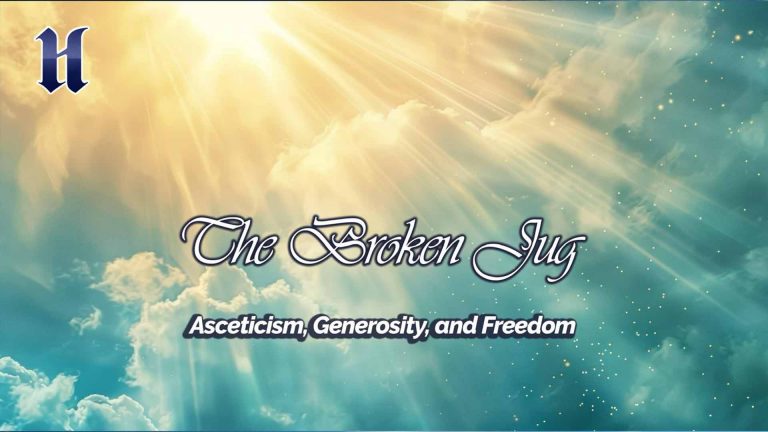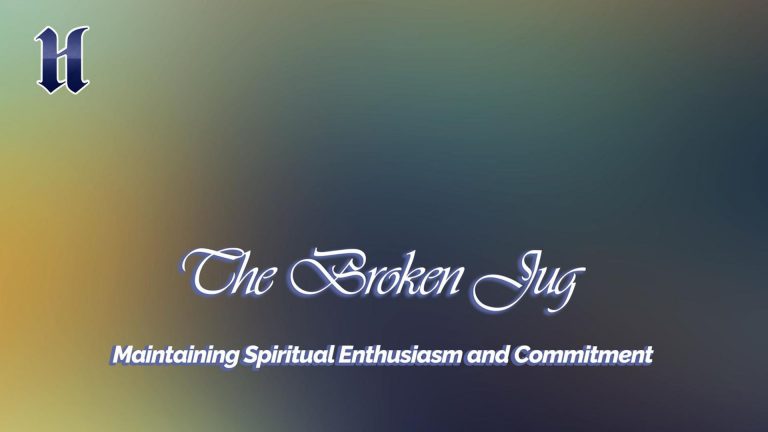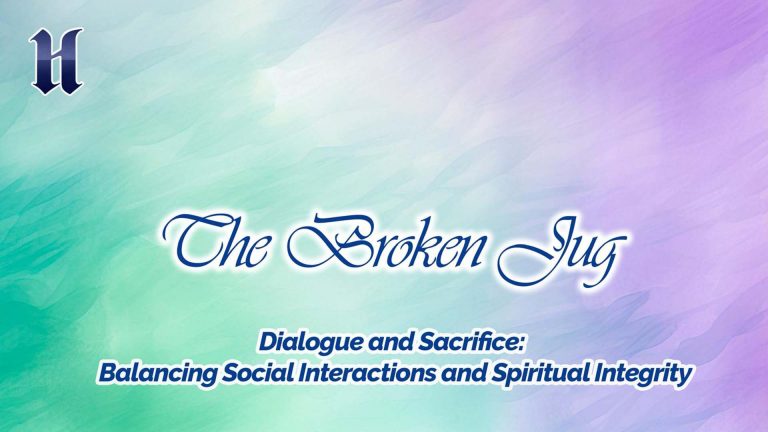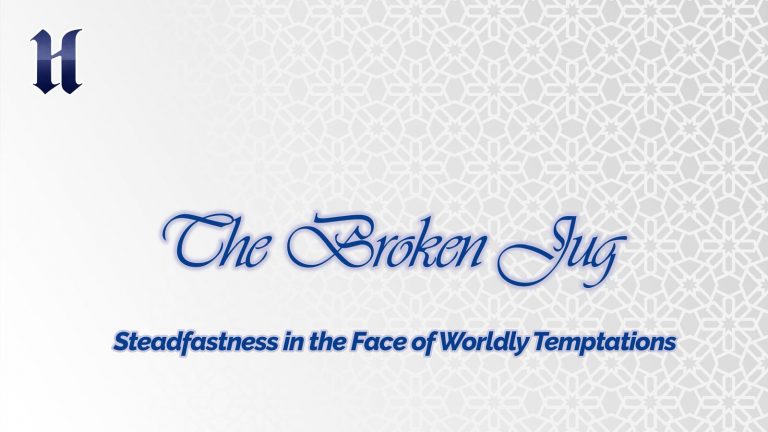İçindekiler
Question: Some Muslims who assume and dream of returning to the glorious days of their history see politics as the way to achieve this. What should be the dynamics of a new revival movement?
Answer: First and foremost, it is essential to emphasize this point: The source of both the blessings we have received so far and the successes to be achieved in the future is ultimately Allah. The favors we have been granted come from Him and manifest in us, human beings. As long as we appreciate the value of these blessings and turn towards their ultimate source, they will continue. Every favor and success continues through His grace and favor. If Allah does not love us, we cannot feel love for Him within ourselves. If He does not help us, we cannot succeed. However, it should be noted that our expressions do not imply determinism. We do not have an absolute determinism, nor do we believe in compulsion. We accept the free will given by Allah to humans, and we also acknowledge that human effort and striving have a role as the simple condition for things to take place. Regardless of the nature and scope of human will, if Allah bestows His grace and blessings in accordance with that will, we must respect it and strive to fulfill our responsibilities. However, burdening human will with burdens it cannot bear would distort the truth in the belief.
Becoming Our True Selves and Maintaining Our Authenticity
If we believe that the source of all beauty is Allah, we first turn our faces towards Him and strive to perform deeds that please Him. In other words, we reorient ourselves towards our own core values and make an effort to rediscover our true essence. If we aim to establish a strong foundation, offer hope for the future, contribute to the world, and share our values with everyone, then, above all else, we must remain faithful to our authentic selves. We must find our unique voice and identity in our spirituality, beliefs, thoughts, conduct, and perspective. We must reinvigorate all the values that define us. Only then will the blessings and favors of Allah follow in succession, and He will amplify our unity, transforming drops into an ocean, and bestowing new developments one after another.
As the Islamic world, after descending into a state of humiliation and despair, we have been wandering through various doors for centuries, seeking an opportunity to rise once more. We have visited this door and then that one. There is no door we haven’t explored or knocked upon, but despite all our efforts and endeavors, we haven’t achieved anything substantial. So, why don’t we turn to the door we should have turned to from the beginning, recognize our mistakes, and attempt to rectify what we’ve missed? In other words, why don’t we engage in general repentance? It is crucial to remember that Allah never forsakes His servants who turn to Him; He perpetually watches over them with His grace and favors. When individuals manifest signs of vitality and resurgence by overcoming challenges or obstacles (symbolized by shaking off the dead soil upon them), Allah will support and elevate them. He has revitalized many nations on the brink of extinction before.
Furthermore, it is imperative not to overlook that a comprehensive revival hinges on the rejuvenation of all sectors and institutions within society. Whatever dynamic forces uphold a nation or state, these forces must return to their own core values. Ideas incongruent with our identity, thoughts alien to us, cannot infuse life into us. Philosophies and ideologies foreign to our identity and disposition cannot uplift us. Mere adoption of the standards and criteria of others will lead us astray. We must acknowledge that our true existence can only be realized by anchoring ourselves in our own cultural background, the heritage from which we’ve emerged, the accumulated subconscious wealth we possess, and the historical legacy upon which we stand. Even when we incorporate elements from other sources, we should filter them through our own value judgments.
Regrettably, for several centuries, we have distanced ourselves from our own values, almost as if we were fleeing from our own essence, without a clear understanding of our destination or the outcomes we might achieve. Even more troubling, we have begun to feel ashamed of our own values, diminishing their significance. We have abandoned our fundamental truths, adopting unfounded and distorted beliefs and ideologies from others, erroneously considering them correct. If we fail to honor our own values, why should we expect others to respect us? It must be firmly grasped that attempting to mimic certain individuals will never endear us to them. Instead, we will be perceived as vacillating individuals who do not even uphold our own cultural heritage. Doubts will arise, “These people might seem agreeable today, but what about tomorrow?” Trust will not be instilled.
Hence, it becomes imperative to revisit our existing resources, unearth the profound meanings concealed between the lines, proudly display our own treasures, evoke admiration for them, and put them into practice in our lives. We should confidently adorn ourselves with the values elevated by our religion and the beauties that have passed through the filter of the Quran and Sunnah from our cultural milieu, as if placing a crown upon our heads. To the extent that circumstances permit, we should live our faith in its minutest details without compromising. The time has long arrived for us to return to our own cherished values.
Exercising Patience and Deliberation in the Face of Time
It’s crucial to keep in mind that throughout history, all progress, expansion, and development have taken place gradually, step by step, in harmony with the Divine principles governing the universe. For example, the disciples of Jesus, individuals of exceptional faith, sincerity, and unwavering commitment to their cause, were eager and diligent in spreading their faith. They were even courageous enough to face significant dangers for it. However, it took more than thirty years after Jesus (peace be upon him) ascended to the Heavenly realms for his disciples to enter Rome. The capital city and its influence were only achieved by the disciples of the original disciples.
Similarly, the Messenger of God, Muhammad (peace be upon him), and his noble companions made the dissemination of the Divine message their life’s primary purpose, enduring every sacrifice for it. It is reported that when the Prophet (peace be upon him) passed away, there were approximately a hundred thousand companions around him. The spread of Islam beyond the Arabian Peninsula occurred during the time of the Rightly Guided Caliphs. In other words, even gaining the hearts of people through individuals who could genuinely represent the Divine message took many years.
Likewise, the Ottoman Empire, just about a century and a half after its establishment, emerged as a great state, gaining worldwide recognition and fame. Under the leadership of Sultan Fatih Mehmet II, the Conqueror, the Ottoman Empire achieved stability, and during the reigns of Sultan Yavuz Selim and Kanuni Sultan Suleiman the Magnificent (may Allah have mercy on them), it truly came into its own and became a balancing force in the international arena. Today, some Muslims yearn for the era of Suleiman the Magnificent, singing songs about returning to those glorious days. However, they forget that it came with its own requirements. These achievements cannot be attained through brute force, military power, or imposition on others. That’s not the kind of existence we desire. What truly matters is winning hearts and fostering trust in others. People from various religions and nations saw the Ottoman Empire as a refuge and a place of support when they were in need or trouble. Some minority communities, escaping the oppression and tyranny of their rulers in their own countries, sought protection under the Ottoman Empire. The Ottomans had already earned their trust through their commitment to justice, tolerance, and generosity.
It is vital to acknowledge that those who believe they can progress, achieve their goals, and solve problems solely through power and brute force are profoundly mistaken. What should be pursued is the endeavor to reclaim the values that propelled the disciples of Jesus, the companions of Prophet Muhammad, and the Ottoman Empire to great heights, and to nurture generations imbued with these values.
However, revitalizing these values and cultivating a new generation capable of harmonizing historical values with the contemporary world’s demands is no simple task. Even rejuvenating a piece of land bereft of its trees takes years, let alone investing in human beings. It necessitates at least half a century to raise a generation enriched with profound human values. These challenges should not shatter our spirits, dishearten anyone, or diminish our determination and efforts. Even without attaining ultimate fruits, every generation has its own blessings to savor. Just as we bear the responsibility of fulfilling our duties, the generations that follow us are also accountable for fulfilling theirs.
Undoubtedly, there are numerous problems awaiting solutions in today’s world. The Islamic world is more fragmented and distressed than ever, with prejudices against Islam and Muslims proving exceedingly resistant to change. In such a world, establishing a monument to our souls will be a gradual process. It underscores the necessity for patience and perseverance to achieve something significant and meaningful in a challenging environment, especially when it comes to presenting our personal and spiritual endeavors, values, and meaning.
Therefore, our obligation is to discharge our responsibilities to the best of our ability, within the constraints of the resources available to us, and to adhere to the causes with dedication. The outcomes and results will be produced by Allah. The current global circumstances may appear daunting, and our efforts may seem inadequate in the face of the colossal tasks ahead, potentially leading to despair. However, rather than succumbing to thoughts like, “What difference can we make? Where can we go with this?” we must grasp the tasks at hand and fulfill our part. Allah is the One Who determines the outcome. He will guide our efforts to their destination. Since numerous verses emphasize that guidance is solely Allah’s domain, it is our duty to think and act accordingly. If we demonstrate the level of dedication that earns His approval and favor, Allah will bestow additional blessings upon us.
Revival in the Heart and Soul
Throughout history, many have embarked on new paths with the aspiration of revival. They believed that power, authority, and politics could lead them to their goals. However, the genuine revival needed to occur within the heart, soul, emotions, thoughts, intellect, and spiritual subtleties and dimensions. Physical vitality alone is of little use to those whose spiritual and emotional lives have withered, whose senses and sensibilities have dulled, and whose enthusiasm has faded. Thus, one cannot speak of a general revival until it is felt within our hearts and souls. Only those who are spiritually alive can infuse life into others.
Individuals who have attained a state of inner tranquility, contentment, and fulfillment can effortlessly tackle problems that may seem insurmountable. They can navigate through chasms and deep valleys as easily as leaping over a small trench. However, for those who remain ensnared by their animalistic, carnal, and materialistic inclinations, who have not embarked on the journey of the heart and soul, and who have not surrendered to a spiritual current, their contributions to humanity may be limited.
Today, there is no nation on Earth that serves as a genuine balance and representative of Islamic values in its own right. Likewise, there is no movement capable of revitalizing Islamic thought comprehensively and reconstructing our world accordingly. We find ourselves in a daunting void created by these absences. Numerous problems await solutions, spanning economic systems, social structures, moral standards, and legal frameworks. None of these should be overlooked. Reformation is imperative in all domains. However, the crucial question lies in determining where to commence and where to focus our endeavors.
Without strengthening faith, establishing ethics, and consolidating our thought world, solving economic, social, political, or legal issues becomes an elusive endeavor. Even if we mend certain fractures, new ones will inevitably surface over time. Until we can instill a guardian, a sentinel, or a restrainer within people’s consciousness, we cannot fill the voids that persist. Thus, the foremost requirement is a revival within hearts, souls, and intellects, which will subsequently manifest in the external world.
The primary issue in the Islamic world pertains to matters of faith. A significant rift has emerged in this regard. Without closing this gap, any attempt to patch up other areas will prove futile; the patches will not hold. It is akin to painting the walls of a building with a flawed structure and weak foundations—an exercise in futility. Therefore, precedence must be given to matters of faith, morality, and ethics. Whether in writing, speaking, or shaping media policies, our primary focus should consistently be on these topics. As Bediuzzaman eloquently articulated, we possess two hands, but even if we had a hundred, they would only suffice to illuminate the hearts and minds of the people. In a context where the fundamentals of faith and major principles of faith have weakened, our energies should not be consumed by secondary concerns.


